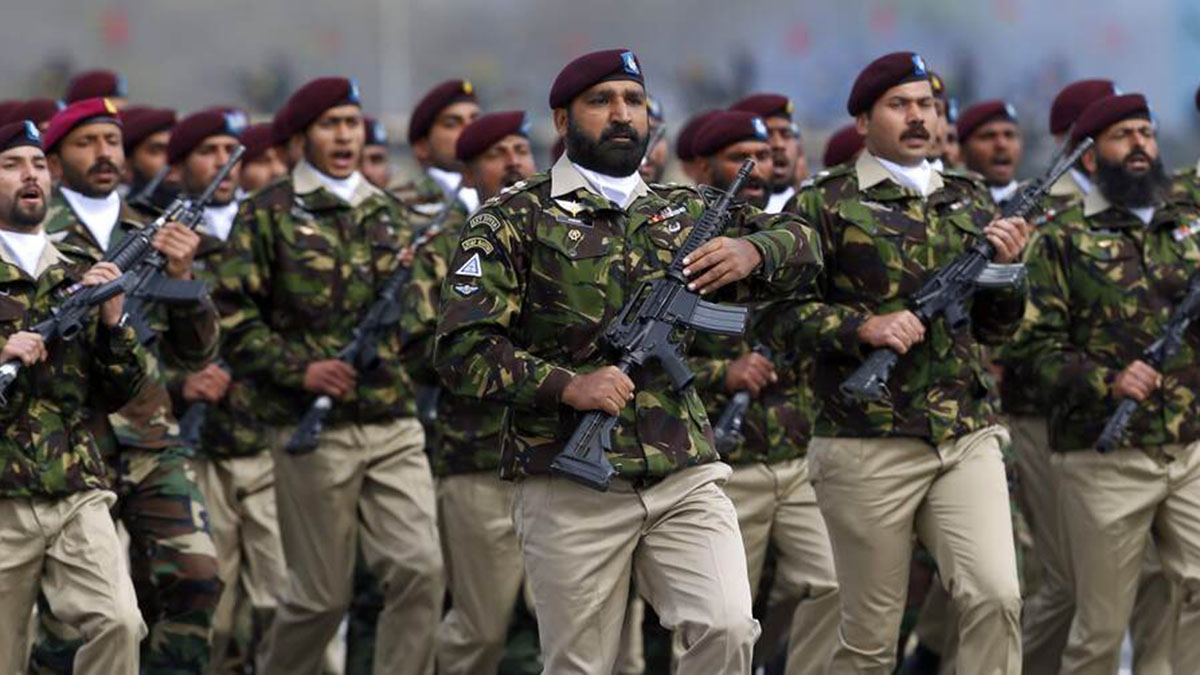In 2024, Pakistan experienced one of its deadliest years in recent history, with violence claiming the lives of security personnel, civilians, and militants alike. According to the Centre for Research and Security Studies (CRSS), the country recorded over 2,500 fatalities—a staggering 66 per cent increase from 2023, marking the highest toll in a decade. This surge in violence heavily impacted regions like Khyber Pakhtunkhwa (KP) and Balochistan, exacerbating Pakistan’s already fragile security situation.
Rising violence and a growing death toll
The CRSS report paints a grim picture of Pakistan’s security situation in 2024. There were 2,546 deaths from violence, including 1,612 civilians and security personnel, making up over 63 per cent of the total fatalities.
In comparison, 934 militants and criminals were killed in counter-terror operations. This imbalance highlights the heavy toll on civilians and security forces amid ongoing conflict. According to The Tribune, the worsening situation shows how civilians are increasingly caught in the crossfire as militants continue their activities unchecked.
On average, nearly seven people lost their lives daily to violence in Pakistan during 2024. November emerged as the deadliest month, recording the highest number of attacks, deaths and injuries.
Heaviest toll in KP and Balochistan
KP and Balochistan bore the brunt of the violence in 2024, accounting for 94 per cent of all deaths and 89 per cent of violent incidents, as per CRSS data. KP’s districts bordering Afghanistan, such as Kurram, North Waziristan and Khyber, were hardest hit.
Impact Shorts
More ShortsThese areas have long struggled with militant activity and the situation worsened after the Taliban regained power in Afghanistan. Dawn reports that these porous border regions have become hotspots for insurgents, enabling easy cross-border movement.
Balochistan also witnessed a sharp rise in violence. The Tribune highlights that the province’s 2024 death toll was nearly equivalent to the combined fatalities of the previous three years (2021–23). This alarming trend reflects the growing intensity of insurgent activities. Separatist groups like the Baloch Liberation Army (BLA) have capitalised on Afghanistan’s instability, further fuelling regional conflict.
Surge in terrorist attacks
The CRSS report notes that in 2024, Pakistan recorded 1,166 violent incidents, including terror attacks and counter-terror operations. Terror attacks significantly outnumbered security actions, with 909 attacks compared to 257 operations.
The Tribune emphasises that this imbalance shows the challenges Pakistan’s military faces in countering well-organised, cross-border militant groups. Despite numerous military operations, the escalating number of attacks suggests that militants have adapted to avoid direct confrontations while employing more advanced tactics against civilian and military targets.
The resurgence of militancy that began in 2021 gained momentum in 2024, influenced by the Taliban’s return to power in Afghanistan. Dawn attributes this to factors like the availability of safe havens for militant groups along both sides of the Afghan-Pakistan border. Groups such as the Tehrik-i-Taliban Pakistan (TTP) have drawn inspiration from the Taliban’s success, increasing their activities in the region.
In 2024, 685 security personnel lost their lives making it the deadliest year for Pakistan’s forces in a decade. Although 934 militants were killed in counter-terror operations, the higher death toll among security personnel raises questions about the effectiveness of these efforts. The Tribune reports that the mounting casualties, particularly in KP and Balochistan, highlight a worsening security crisis.
Growing impact of insurgency
The insurgency in Balochistan worsened in 2024 with ethnic separatists and Islamist militants escalating violence. Separatists increasingly targeted civilian infrastructure and government sites while alliances with transnational militants further intensified the conflict.
In KP and tribal areas, the TTP expanded its operations, causing more civilian and military casualties. Since the Taliban regained power in Afghanistan, the TTP has regrouped and grown stronger, leaving Pakistan struggling to restore security and stability.


)

)
)
)
)
)
)
)
)



